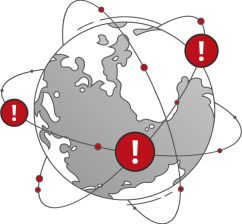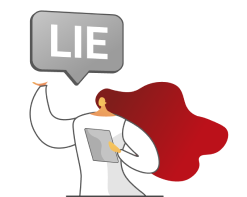Healthy Information Space
Effective democracies require that citizens have access to accurate and impartial electoral and political information. Five key components of a healthy information space – civil society, election management bodies, governments, mass media, technology companies – must work in tandem to fight back against disinformation campaigns that seek to spread cynicism, distort political processes and hinder citizens’ ability to make sound political decisions.
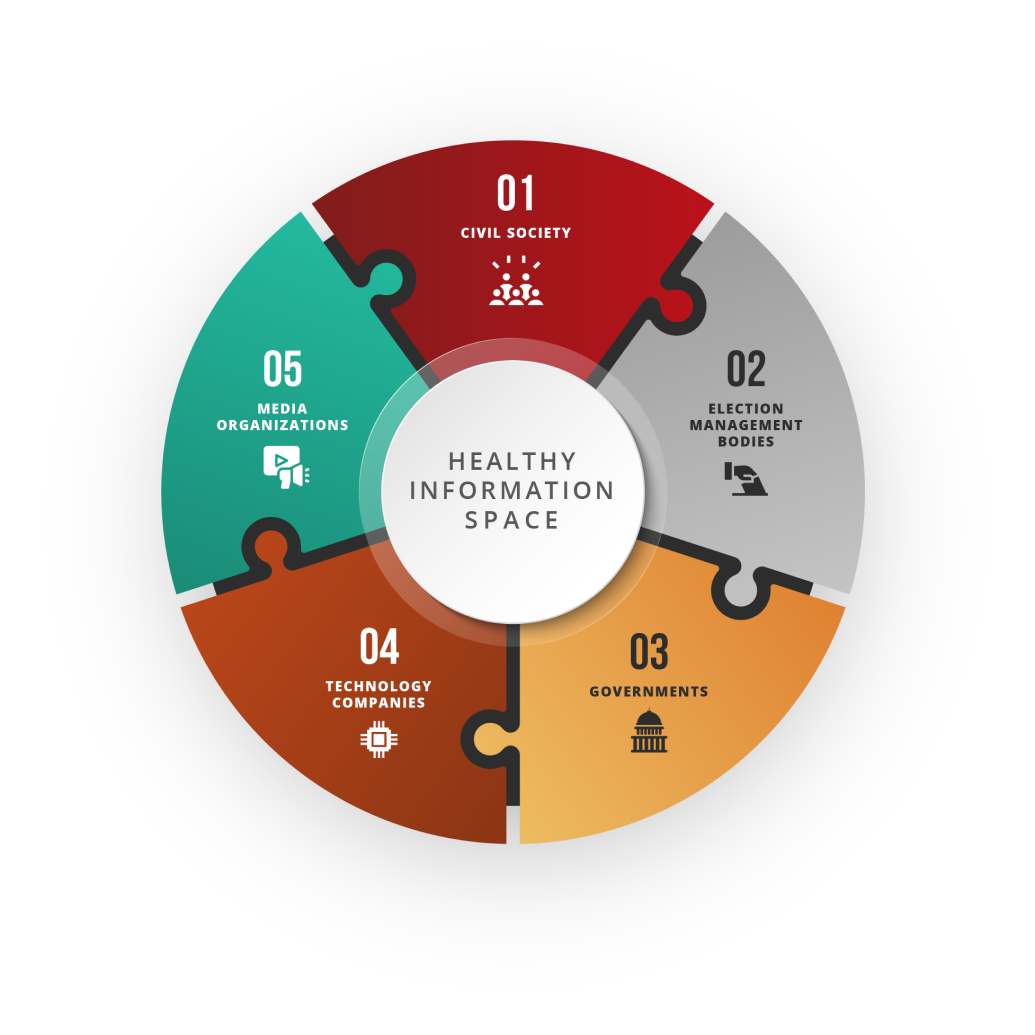
Society

Management Bodies

Companies

Organizations






















Who Does What
These five sectors of society play important roles in defending the integrity of information in democracies. The analysis presented on this guide focuses on the responsibilities and best practices of these actors.
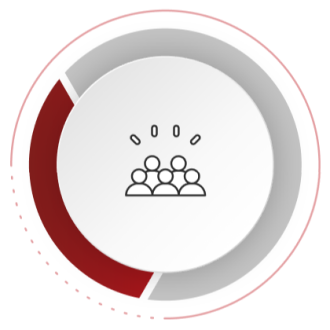
Civil
Society
Civil society organizations combat disinformation and promote information integrity through programs and other initiatives, including fact checking, media literacy, online research and a host of other methods.

Election
Management Bodies
Election Management Bodies play an essential role in protecting the integrity of elections and countering disinformation through proactive, reactive and collaborative strategies.
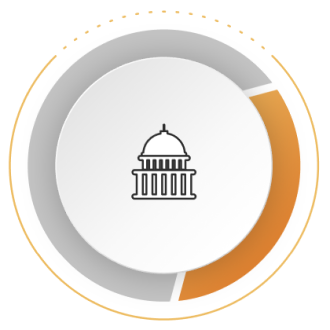
Governments
The public sector, including government administrations, legislatures and other executive bodies, play a critical role in the negotiation of the online space, from the legal and regulatory frameworks they build and maintain, to the norms and standards they seek to promote, to their engagement with other stakeholders in sustaining a healthy information ecosystem.
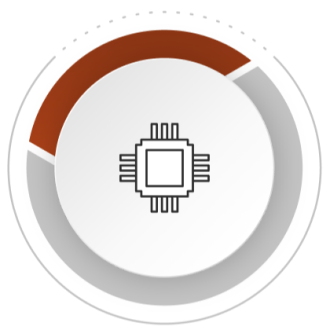
Technology
Companies
Tech companies, particularly social media platforms, play a critical role as the hosts, infrastructure and networks for much of our online space. They also have a great responsibility to build and maintain them in a way that promotes democratic ideals such as freedom of expression, privacy and open access to information.

Media
Organizations
Whether on social media platforms or though traditional journalism, media organizations play essential roles in protecting the information environment from false narrative through fact checking, moderation, media literacy, and research.
By The Numbers
The guide includes the first-ever global database of organizations and initiatives working on to counter disinformation that includes more than 270 entries from more than 80 countries.
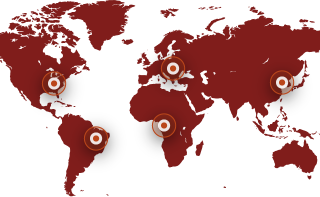





9 Big Takeaways
In conducting this analysis and looking at these critical aspects of the problems, the research team has identified key takeaways that should drive disinformation efforts going forward.
